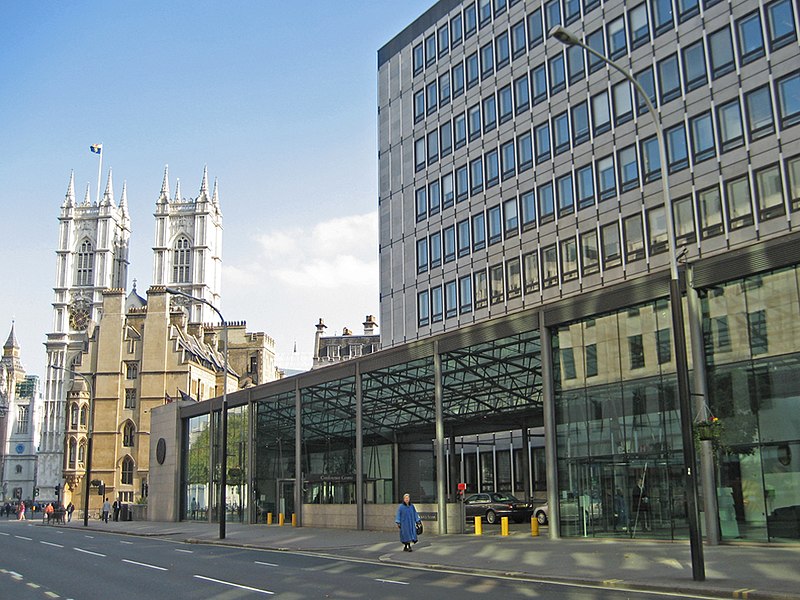
In a significant move to enhance financial well-being for workers, the government has today [Tuesday, 30th July] redefined the scope of the Low Pay
Commission (LPC).
Key Initiatives:
- Overhauling the LPC's Remit: Ministers have revamped the LPC’s mandate to include the cost of living in its minimum wage recommendations.
- Eliminating Discriminatory Age Bands: Plans are underway to remove age-based wage discrimination, ensuring all adults benefit equally as part of the initiative to Make Work Pay.
For the first time, the independent LPC will consider the cost of living when advising the government on minimum wage rates. This change aims to put more money into the pockets of working individuals, aligning wages more closely with the actual cost of living.
The Business and Trade Secretary Jonathan Reynolds said:
"For too long working people have faced the worst of the cost of living crisis, but this Government is taking bold action to address it and make work pay.
The new remit to the LPC is the first of many vital steps we will take to support more people to stay in work and improve living standards.
Our focus remains on putting more money in working people’s pockets and boosting economic growth".
The Business and Trade Secretary and Deputy Prime Minister have also instructed the LPC to narrow the gap between the minimum wage rate for 18–20-year-olds and the National Living Wage. This will be the first step towards achieving a single adult rate.
Chancellor of the Exchequer Rachel Reeves said:
"Economic growth is our first mission, and we will do everything we can to ensure good jobs for working people. But for too long, too many people are out of work or not earning enough.
The new LPC remit is an important first step in getting people into work and keeping people in work, essential for growing our economy, rebuilding Britain and making everyone better off".
The advent of the minimum wage has been one of the most effective and successful policy interventions of the last 25 years, and this announcement is the next step in achieving the promise of a genuine living wage for working people.
In addition to the cost of living, the remit of the LPC will continue to also consider the impact on business, competitiveness, the labour market and the wider economy.
TUC General Secretary Paul Nowak said:
"Hard work should pay for everyone. These are significant first steps towards making the minimum wage a real living wage and will make a difference to millions. We welcome the Government’s decision to ask the Low Pay Commission to be more ambitious next year and into the future.
We also support the Government’s commitment to ending discriminatory age bands for minimum wage workers. Young people face the same cost of living pressures as other adult workers and will welcome their pay being brought into line".
The Secretary of State and Deputy Prime Minister have written to the Chair of the Low Pay Commission. The letter and the full remit can be found here.
This builds on the Government’s Plan to Make Work Pay, which sets out a significant and ambitious agenda to ensure workplace rights are fit for a modern economy, empower working people and deliver economic growth.
These changes are the first steps in realising the Government’s mission to grow the economy and raise living standards across the country.
Peter Jelkelby, Chief Executive and Chief Sustainability Officer, IKEA UK & Ireland:
"People are at the heart of IKEA’s success, and we recognise the challenges they face from inflationary pressures and rises in the cost of living. IKEA are committed to paying a fair, sustainable rate of pay based on the true cost of living and what’s happening in the wider economy.
IKEA has been a proud member of the Living Wage Foundation since 2016 and is the largest accredited retailer. Our business relies on a skilled, engaged, and committed workforce, so ensuring that living wages reflect the true cost of living is a powerful route to providing security and stability for our co-workers and their families".
Emma Jones, CBE, founder and CEO of small business support platform and membership community, Enterprise Nation, said:
"Small businesses are the backbone of our economy, and we know they are facing unprecedented pressures. We wholeheartedly support the principle of a living wage for all workers and look forward to continuing to work with the Government to recognise the unique challenges faced by micro-businesses.
We want to create an environment where both businesses and workers can thrive and will continue to advocate for a balanced approach that will ensure the survival, growth and success of small enterprises". Photo by Eric Lyus, Wikimedia commons.




































